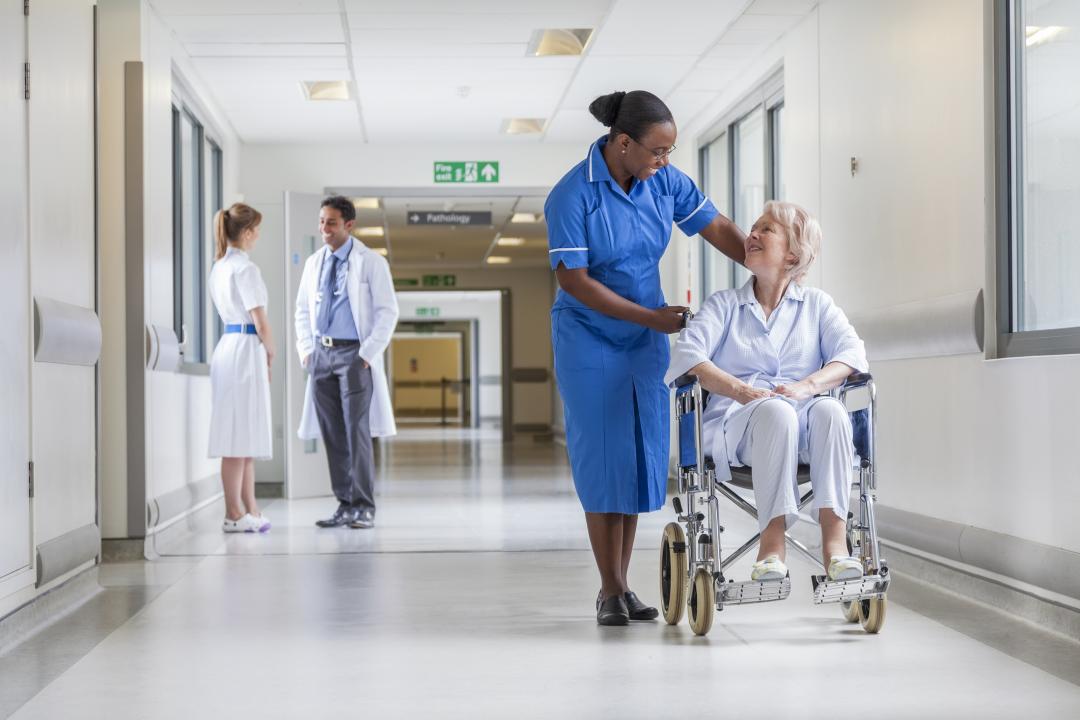The total costs of running NHS estate increased by 4.8% on the year previous, rising to a sum of £10.2bn for the period between April 1, 2020 and March 31, 2021. Increases to energy costs, the cost of cleaning services and investment needed to eradicate backlog maintenance were all recorded too.
The revelations come from the publication of the 2020/21 Estates Return Information Collection (ERIC) data by NHS Digital, which collated data from 216 trusts – including 10 ambulance trusts – across the country.
ERIC data is a mandatory collection for all NHS trusts and helps outline the costs involved in providing and maintaining the estate from which the NHS operates – ensuring transparency over the cost of buildings, maintaining and equipping hospitals, utilities consumption, and the provision of estates functions such as laundry and inpatient food.

Due to ongoing challenges in the health service during the 2020/21 recording period, NHS Digital worked closely with both trusts and the NHS England and NHS Improvement (NHSE/I) – the collection sponsors – to help clarify requirements and support the most accurate reporting.
This also involved carrying out an enhanced data quality assurance exercise to improve the quality of data reported and analysed in the 2020/21 ERIC data.
A number of key areas of NHS estates spending were also compared against the previous year, including:
- Financial information
- Safety
- Buildings – quality, function, area and utilisation of space
- Utilities – energy and water
- Waste
- Car parking
- Inpatient food, laundry and linen, cleaning and portering services
These results showed alongside the 4.8% increase overall in the total costs of running the NHS estate since 2019/20, there were increases to the total energy usage from all sources (up to 11.4bn kWh – a 1.6% increase) and to the total cost of cleaning services (up to £1.1bn – a 5.0% increase).
Backlog maintenance costs – a measure of how much would need to be invested to restore a building to certain state, based on a state of assessed risk criteria – were recorded at £9.2bn; a 2.2% increase since 2019/20. This figure does not include planned maintenance work. Rather, it focuses on work which should have already taken place.

Not included in the data were costs relating to the delivery of primary medical, dental or community care, unless those services were provided by staff based in premises owned or operated by secondary care providers. In those cases, an element of the cost would have been included in the figures, but not separately identified.
Equally, additional costs, capital or revenue as a result of Covid-19 incurred during the reporting period was not included in the figures where they were allocated to a specific trust-wide Covid-19 budget.
If additional costs to pay and non-pay budgets in specific areas such as cleaning, waste or energy relating to Covid-19 were indistinguishable from regular spending, they would remain in the NHS Digital data.



















